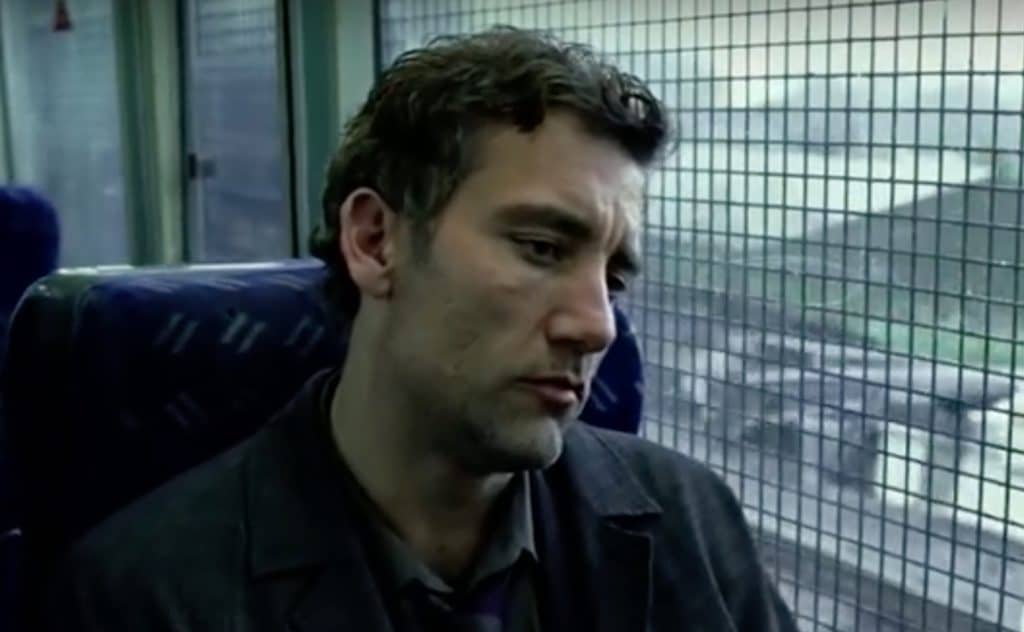How Does Hollywood Handle Infertility?

You’re pretty familiar how movies deal with many of life’s biggest moments, right? Love, sex, marriage, kids, losing your job, becoming a princess or prince, winning in sports, battles, success and failure. But how do they handle infertility? I was asked this question by Insider magazine and really had to think about it.
Taboo Topic
The first thing that comes to mind is that movies are either “hands off” or “over the top” on the issue of infertility. Maybe because of its historically “taboo” nature, infertility isn’t dealt with much in cinema. But there are some notable moments. Take the animated Pixar movie Up (2008) in which a couple grows older and lonelier together having led childless lives. And although very real emotionally, it’s not terribly sexy, attractive or popular to portray infertility on the silver screen, liken it to portraying diabetes or warts. Having said that, the British film Secrets and Lies (1996) accurately recreates the tremendous guilt, secrecy and vulnerability associated with infertility. Bravo!
Often, when cinema chooses to take on infertility, the topic is driven to an unrealistic cultural extreme: extinction. Witness the utterly frightening, dystopian worlds of The Children of Men (2006) or A Handmaids Tale. As only movies and books can do, they take you to otherwise unimagined places and keep you there long enough to make it feel real.
Comic Relief
Most commonly, infertility on the silver screen is treated either casually or comically, or simply glossed over. Reminds me of uncomfortable moment that follows when an infertile couple is asked why they don’t have children. Get through it with a smile, but get through it. A great example of this is found in Raising Arizona (1987). The bumbling Nicholas Cage and partner Holly Hunter are so frustrated that his “seed has fallen on barren ground” that they respond by kidnapping and raising a child. This makes sense though, as cinema loves its ability to “escape from reality” to keep audiences coming, and comedy is a classic way to deal with profoundly personal and private experiences. Acknowledge the issue, stay positive and move on. Heaven forbid trying to succeed at the box office by revealing infertility as the “real-life, mind-bending and life-upsetting disease that it really is.”
And although sex, which Hollywood loves, is a big part of infertility, who really wants to witness the trials and pitfalls of “on demand” lovemaking on the silver screen? Trying to conceive is often not the sexiest of sex. As I told the Insider, it is “rarely steamy, almost rote in nature and finishing as quickly as possible.” Not high up on the “must see” list.
A Real Reel
I was privileged to executive produce a short movie directed by the Clyde Brothers called If I Could Tell You (2016) that really lays bare the impact of infertility on those affected by it. It was a very real but refreshing take on how far things can go when infertility strikes, and although not particularly popular, it did win top honors at LA’s 2016 Hollyshorts Film Festival. So at least some others were moved by it as much as I was.
But for all of its foibles, Hollywood has had a seriously big impact on infertility awareness. And this has arisen not from its movies, but rather the stars within them. When Hollywood’s finest admit in public to having infertility issues, the problem gets a well-known and often relatable face. Janet Jackson, Hugh Jackman, Anthony McPartlin, Michael Buble, David Vienna the Kardashians talking about their troubled paths to parenthood is great for awareness and cause, as the real face of infertility are the faces of anyone and everyone. It makes this scourge of a problem utterly human and relatable and real.









